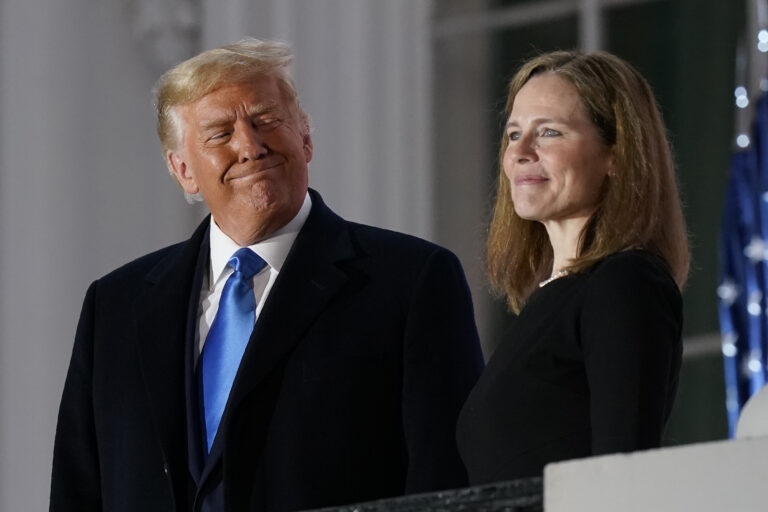Weaponizing the free exercise clause

The Savvy take on the Supreme Court reaching out to nullify New York’s maximum occupancy limits on houses of worship during COVID although they were no longer in force is that it was just a narrow holding. This never actually made any sense, and that’s not how lower courts are viewing it either:
The 9th Circuit isn’t wrong about this. The usual gaslighters (almost all men🧐) told us Roman Catholic Diocese v. Cuomo was “narrow” and “technical.” It obviously was not. SCOTUS overhauled free exercise jurisprudence in a 5–4 unsigned opinion issued at midnight on a holiday. https://t.co/yyCgm5u5ky pic.twitter.com/kAEcBqx3Eh— Mark Joseph Stern (@mjs_DC) December 15, 2020
The Court’s holding in this case was fundamentally incompatible with Employment Division v. Smith, which I expect to either be overruled or whittled down into nothing soon.
Or, at least, it will be overruled for claimants of some faiths. In addition to making the contestable claim that religious institutions were being treated more harshly than comparable secular institutions – while New York pointed out that its regulations treated religious institutions more favorably than secular ones considered most comparable in terms of epidemiological risk – the Court’s unsigned majority opinion in Cuomo pointed to statements by New York’s governor that “can be viewed as targeting the ultra-Orthodox Jewish community.” As Justice Sotomayor pointed out in her dissent, however, in its 2018 decision in Trump v. Hawaii refused to hold the Trump administration’s ban on travel from mostly Muslim-majority countries, although numerous statements by Trump (most notably, calling for a “total and complete shutdown of Muslims entering the United States until our country’s representatives can figure out what is going on”) more explicitly suggestive of religious animus than Cuomo’s provided compelling evidence that the travel ban did not merely disproportionately affect Muslims but was motivated by prejudice against them. And New York was responding to an actual emergency rather than an imaginary one and still got less deference.
Another case in which the Court notably refused to take an expansive view of religious freedom was the 2019 case Dunn v. Ray. The state of Alabama allowed a Christian chaplain to be present during executions. However, it denied the request of Domineque Ray, a Muslim condemned prisoner, to have an imam instead of a Christian chaplain present during his execution. The 11th Circuit Court of Appeals issued a stay of the execution based on Ray having a strong claim of religious discrimination, based on the controlling Supreme Court precedent holding that “The clearest command of the Establishment Clause [of the First Amendment] is that one religious denomination cannot be officially preferred over another.” A majority of the Supreme Court, however, overruled the 11th Circuit and allowed the execution of Ray to proceed without a minster of his faith present without comment (over a dissent written by Justice Elena Kagan and joined by the Court’s other Democratic nominees.)
The Roberts Court hasn’t always rejected claims made by Muslims — last week it unanimously allowed agents who put Muslims who allege they were put on the no-fly list as retaliation to be sued for monetary damages under RFRA — but you’re a lot more likely to get a sympathetic hearing if your denomination is a significant part of the Republican coalition. And while I think last week’s holding was correct is it could also have some pretty disturbing implications if the Court continues to prioritize religious freedom over civil rights enforcement.


